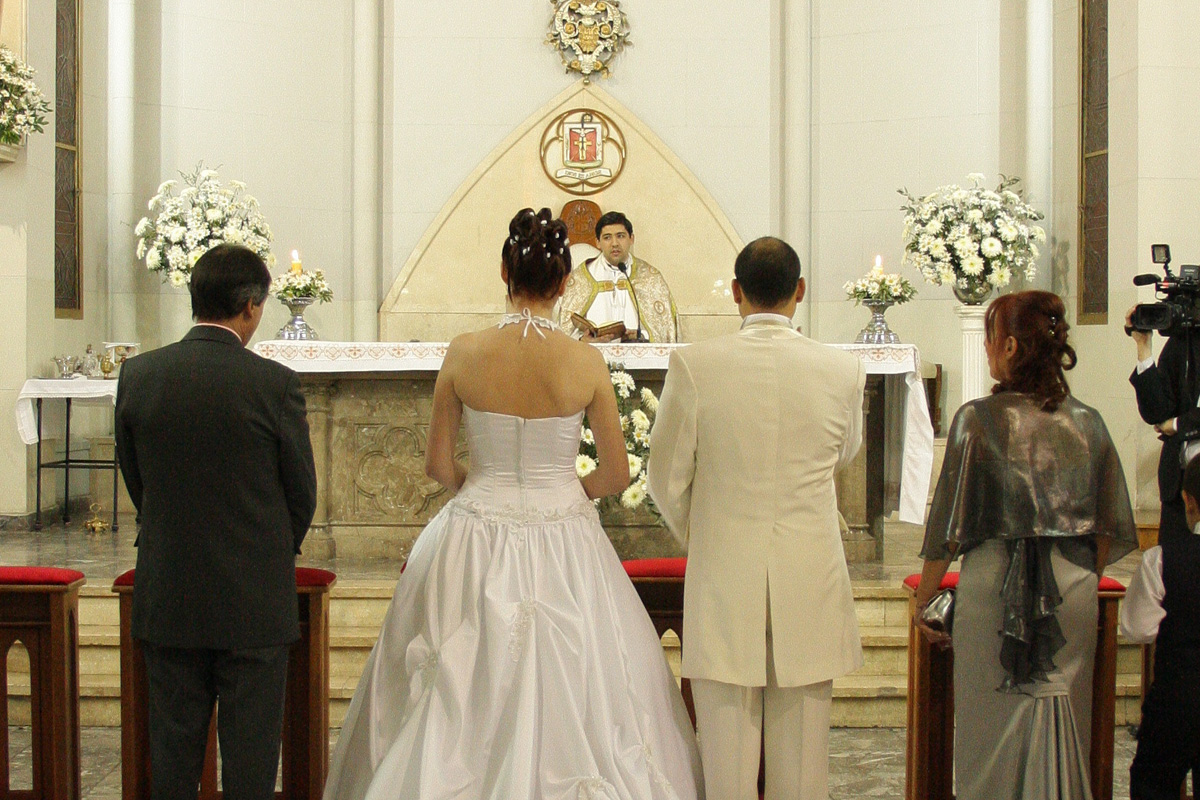What Are the Roles of Chaplain, Minister, Pastor, or Priest

In some contexts, these are terms with only slight differences. In other contexts, they are completely different roles. Learn about what sets pastors, ministers, priests, and chaplains apart.
Similarities Between Chaplain, Minister, Pastor or Priest Roles
A pastor, minister, priest, and chaplain are all religious leaders of one kind or another. Holders of each title must have a strong desire to serve others. Normally, they all have some form of education and training before being hired into a community.
While they have different responsibilities according to their appointment or denomination, all of them offer spiritual guidance, strengthen their community, and maintain confidentiality. Most can also perform ceremonial duties such as weddings, funerals and baptisms, serve as role models, and provide pastoral care. Many religious leaders are also involved in interfaith work, which involves building connections and relationships with people from other religious traditions.
Differences Between Chaplain, Minister, Pastor or Priest Roles
Chaplain
While many religious leaders may offer counseling and emotional support, chaplains specialize in providing emotional and spiritual care to people in difficult circumstances such as illness, grief, trauma, and incarceration. When caring for someone, they are called upon to provide comfort, offer a prayer or other religious services, and be a listening companion. The offered support is tailored and sensitive to the unique needs and beliefs of each individual they serve.
Chaplains come from different religious backgrounds. They typically don’t serve communities or individuals of specific religions or denominations. Commonly chaplains provide pastoral care in institutional settings such as colleges and universities, prisons, military bases, hospitals, and hospices. Most chaplains have extensive education in religious traditions as well as in counseling. Hartford International University offers an MA in Chaplaincy that is aligned with the standards of the Association of Professional Chaplains.
Minister
In some religious traditions, the term “minister,” “priest,” and “pastor” might be used interchangeably, while in others, they may refer to different roles or functions. “Minister” can refer to any person who serves in a leadership or pastoral role within a church or religious community, regardless of whether they have been ordained, or authorized to lead worship, although many ministers hold the traditional Master of Divinity degree. In some cases, ministers can serve as chaplains or work in other roles within their religious community.
Pastor
A pastor is typically associated with a “minister” or “priest” who serves a congregation or parish. Pastors are usually ordained (officially appointed by a religious institution to perform religious rites). Ordination typically involves formal education, training, and licensure or approval of a religious body. The process and requisites for ordination vary among different communities.
The main role of a pastor is to shepherd and care for the spiritual needs of their congregation. These include managing the operations of the church, such as the budget, organizing events, coordinating volunteer efforts, community outreach, and providing guidance to the congregation. They can also perform religious rites such as baptisms, marriages, and funerals. Some pastors use the term interchangeably with minister.
Priest
Priests are ordained ministers usually associated with the Catholic, Orthodox or the Episcopal Church. Priests are usually those responsible for celebrating the sacraments of the church, such as the Eucharist (or Communion), Confession and Reconciliation, Baptism, and Anointing of the sick. Some denominations, like the Roman Catholic Church and some Orthodox churches, require priests to be celibate, meaning they are not allowed to marry. Women can be ordained as priests in some Christian denominations, but not in others.
Hartford International University offers a path to ministry through our Cooperative Master of Divinity program. This allows Protestants who aspire to the Christian ministry to take our MA in Interreligious Studies with a specialization in Ministerial Studies. They can then transfer to one of our partner seminaries to complete the Master of Divinity degree.
Training and Education
At Hartford International, we offer degrees and certificates that will assist you in your pathway to become a chaplain, minister, pastor, or priest. With an interreligious education, our graduates are confident in their ability to care for and empathize with people of all backgrounds in diverse settings.
